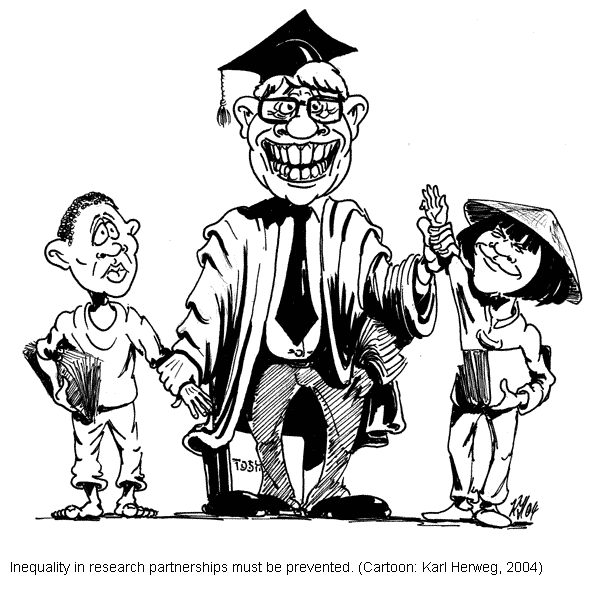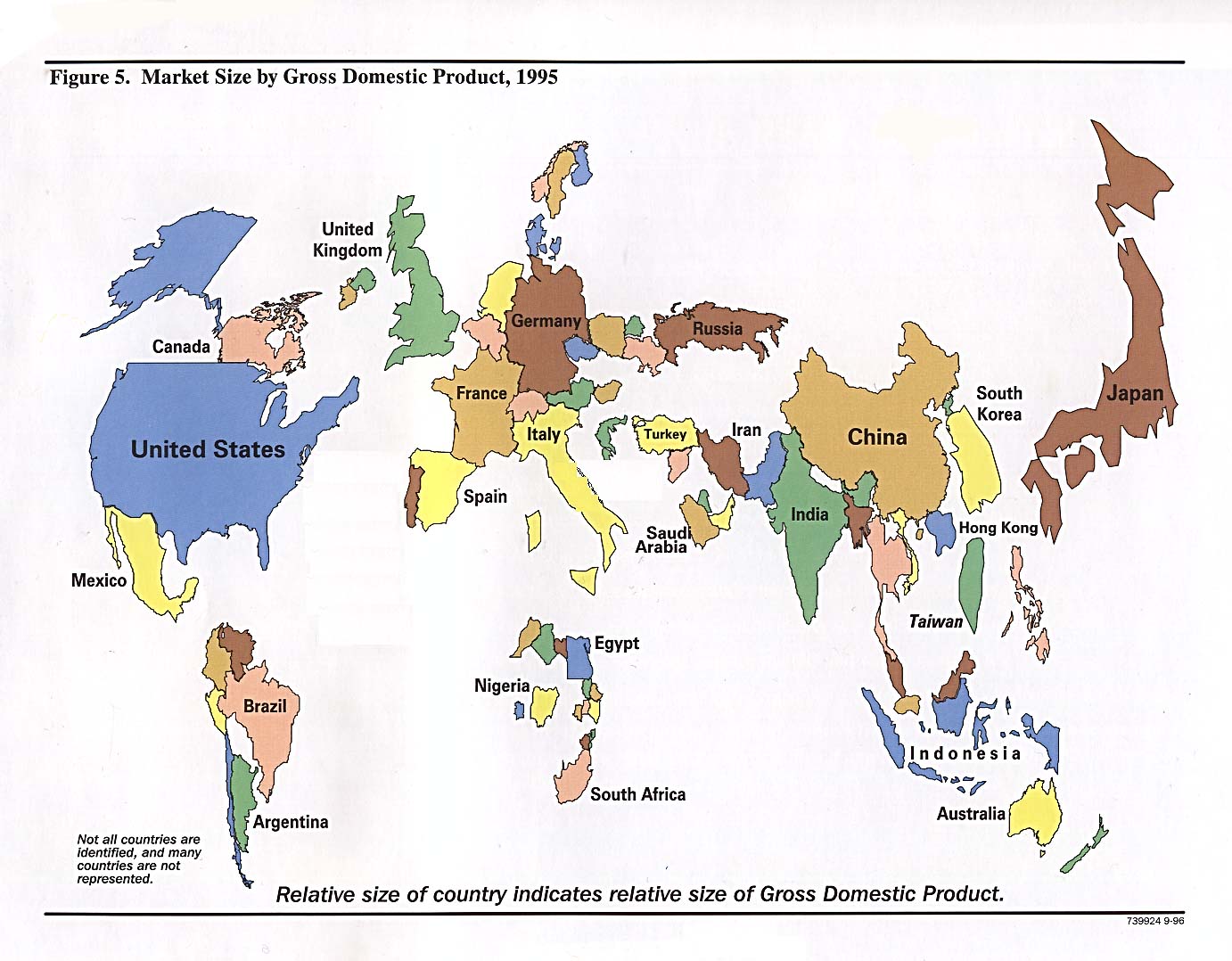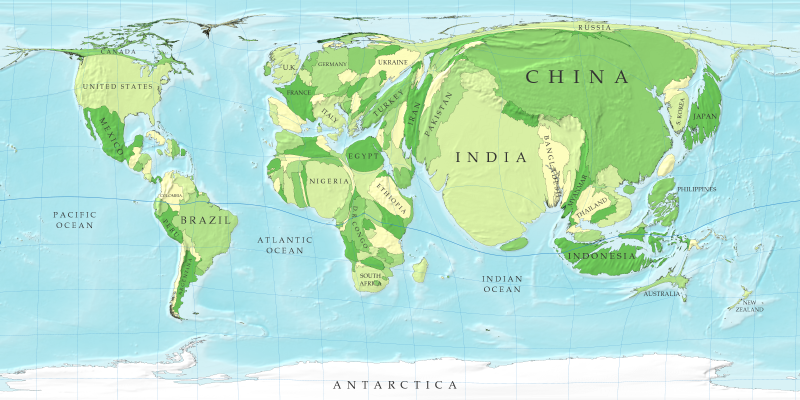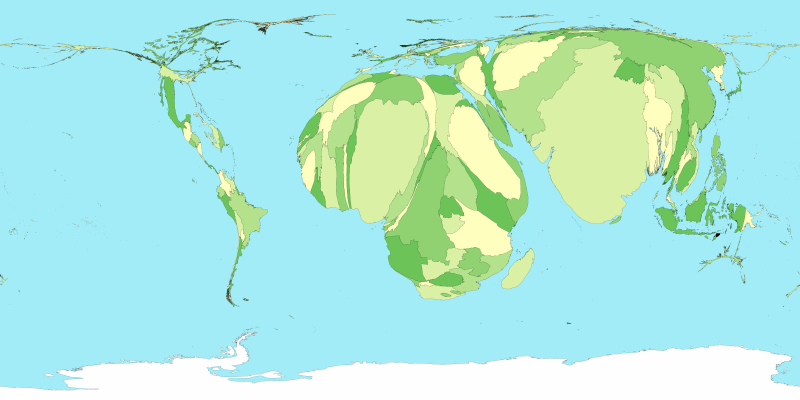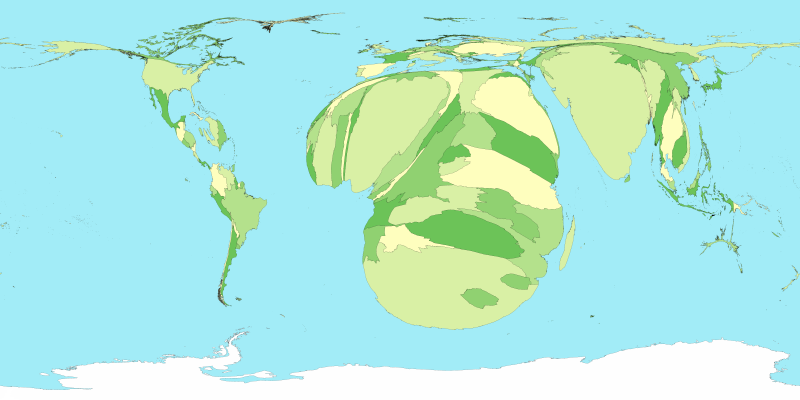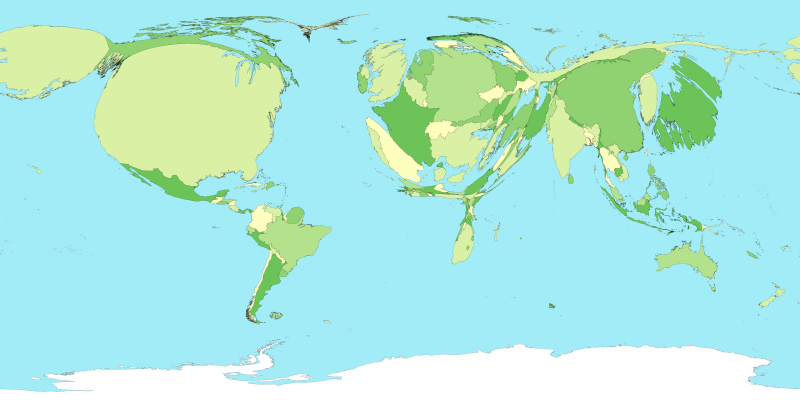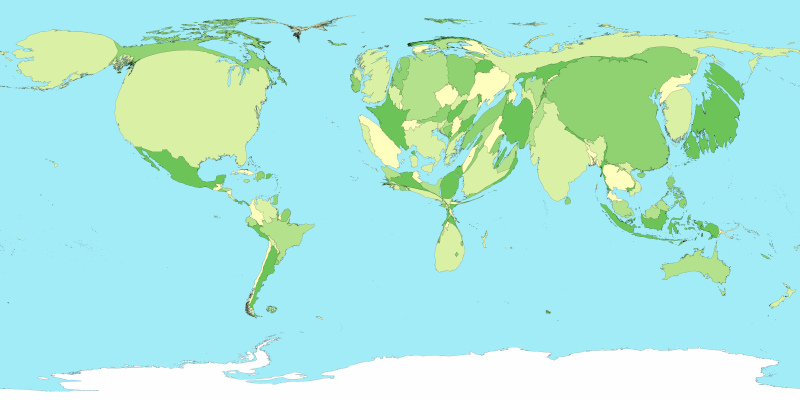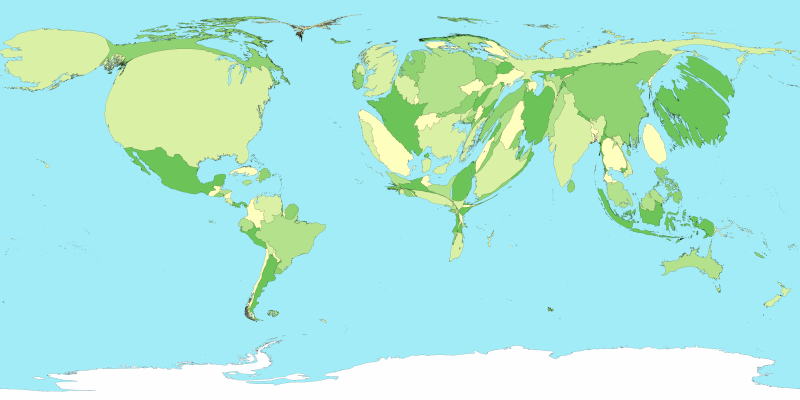Company Type Market Value ($Billions)
1)HSBC Holdings -Banking- 180.81
2)General Electric -Conglomerate- 330.93
3)Bank of America -Banking- 176.53
4)JPMorgan Chase -Banking- 136.88
5)ExxonMobil -Oil & Gas- 465.51
6)Royal Dutch Shell -Oil & Gas- 221.09
7)BP -Oil & Gas- 204.94
8)Toyota Motor -Consumer Durables- 175.08
9)ING Group -Insurance- 75.78
10)Berkshire Hathaway -Diverse Financials- 216.65
Of the top ten 5 are USA, 2 are Netherlands, 2 are UK and 1 is Japan. The Market value is not the only thing, there are also Sales, Profits and Assets. Canada’s first is RBC at 55th highest.
Wednesday, June 17, 2009
Sunday, June 14, 2009
Tuesday, June 9, 2009
Good Websites
Check Your Head - The Youth Global Education Network
http://cyh.dreamhosters.com/?page_id=2
Free Rice
Donate rice to help end hunger
http://freerice.com/
http://cyh.dreamhosters.com/?page_id=2
Free Rice
Donate rice to help end hunger
http://freerice.com/
Lifestyle differences
Monday, June 8, 2009
Decolonization of Algeria
Algeria is a country in Northern Africa and was a French colony between 1830 – 1962. The French used Algeria for their own benefits, often hurting the native populations. The Algerians fought for freedom, but after the French left, the nation was engulfed in Civil war. Before Algeria was colonized by the French, it was a part of the Ottoman Empire. It was know as a Barbary state by the Europeans, where Barbary pirates and slave traders were common.
Algeria is one the longest held French colonies. The natives were mostly Muslims and descendants of the barbers. Colonization of Algeria was long and violent, facing intense resistance. Settlers from France, Malta, and Spain benefited from property that was confiscated from the Muslim natives. The Europeans used modern farming techniques to increase the amount of useable land. Algerians suffered after colonization, literacy rates plummeted and land development caused many to be uprooted from their homes. The Algerians were unhappy and wanted a better government that would help them; they began the fight for independence.
The Algerian War for Independence began in 1954 and lasted until 1962, when France gave up and left. The war was started by the National Liberation Front (FLN) on Red All Saints day (November 1) with terrorist attacks in many parts of Algeria. The FLN call on the Muslims; saying it is the right of the people to restore the Algerian State. The war was composed of guerrilla warfare, torture, and terrorism on both sides. The European immigrants and decedents, also known as Pied Noirs (black feet) were brutally attacked with terrorism and torture. The government called a Ceasefire on March 19, 1962. In the months between the ceasefire and Frances removal terrorism was increased with women and children as the main victims. These brutal terrorist attacks were commonly markets, hospitals, and schools. The Evian Accords were created as a way to end the war. France maintained industrial control (oil reserves) and in return Algeria received financial and technological aid. European descendants got the best end of the deal; they were promised religious freedom and the right to choose either France citizenship or Algerian. The Europeans could also travel back and forth from Algeria to France for work. However, those who were not European did not get to pick their citizenship and had very little political rights. After the ceasefire and Frances removal most of the European population left, and became refugees in other countries.
The first Algerian President was FLN leader was overthrown by his ally, Houari Bourmedienne in 1965. Algeria became socialist and authoritian; the country also became more industrialized and began to nationalize oil extraction. After Bourmedienne Algeria became more corrupted, but education spread. In 1980 the population of Algeria was running out of room, there were housing problems, and the people were protesting the one political party rule. Two movements arose; the Communists, and the Islamic Integrates. The first multi-party elections were held in 1991 with the Islamists winning the first round. The government then intervened and banned all political parties that were based on religion. This inspired extremists to attack the government and led to the Algerian Civil War that lasted until 2002. This war killed many civilians and troops and finally ended when the main guerilla groups surrendered. There are still outbreaks of violence and terrorism from some of these groups, which may be connected to the Al Qaeda.
Algeria is recovering, growing, and developing. The country is becoming independent and is struggling to grow and improve. Algeria still experiences problems such from colonization and war such as; large-scale unemployment, unreliable water and electricity, housing shortages, corruption, and continuing attacks by extremists and the Al Qaeda towards the government. Algeria is still a young nation. It has only been independent for 45 years, and during this time the nation was harassed by constant warfare. Algeria is growing and trying to become a secure nation after decolonization.
-Eden
Sources:
Kimmelman, M. (March 4, 2009). In France, a War of Memories Over Memories of War. Retrieved May 4, 2009. From The New York Times. http://www.nytimes .com/2009/03/03/arts/design/05abroad.html
No Author. (April 23, 2009). Algeria. Retrieved May 6, 2009. From CIA World Fact Book. https://www.cia.gov/library/publications/the-world-factbook/geos/ag.html
No Author. (April 28, 2009). French Algeria. Retrieved May 4, 2009. From Wikipedia, the Free Encyclopedia. Website: http://en.wikipedia.org/wiki/French_Algeria
No Author. (November 27, 2003). Algerian War of Independence. Retrieved May 4, 2009. From Wars of the World. http://www.onwar.com/aced/data/alpha/ algeria1954.htm
Algeria is one the longest held French colonies. The natives were mostly Muslims and descendants of the barbers. Colonization of Algeria was long and violent, facing intense resistance. Settlers from France, Malta, and Spain benefited from property that was confiscated from the Muslim natives. The Europeans used modern farming techniques to increase the amount of useable land. Algerians suffered after colonization, literacy rates plummeted and land development caused many to be uprooted from their homes. The Algerians were unhappy and wanted a better government that would help them; they began the fight for independence.
The Algerian War for Independence began in 1954 and lasted until 1962, when France gave up and left. The war was started by the National Liberation Front (FLN) on Red All Saints day (November 1) with terrorist attacks in many parts of Algeria. The FLN call on the Muslims; saying it is the right of the people to restore the Algerian State. The war was composed of guerrilla warfare, torture, and terrorism on both sides. The European immigrants and decedents, also known as Pied Noirs (black feet) were brutally attacked with terrorism and torture. The government called a Ceasefire on March 19, 1962. In the months between the ceasefire and Frances removal terrorism was increased with women and children as the main victims. These brutal terrorist attacks were commonly markets, hospitals, and schools. The Evian Accords were created as a way to end the war. France maintained industrial control (oil reserves) and in return Algeria received financial and technological aid. European descendants got the best end of the deal; they were promised religious freedom and the right to choose either France citizenship or Algerian. The Europeans could also travel back and forth from Algeria to France for work. However, those who were not European did not get to pick their citizenship and had very little political rights. After the ceasefire and Frances removal most of the European population left, and became refugees in other countries.
The first Algerian President was FLN leader was overthrown by his ally, Houari Bourmedienne in 1965. Algeria became socialist and authoritian; the country also became more industrialized and began to nationalize oil extraction. After Bourmedienne Algeria became more corrupted, but education spread. In 1980 the population of Algeria was running out of room, there were housing problems, and the people were protesting the one political party rule. Two movements arose; the Communists, and the Islamic Integrates. The first multi-party elections were held in 1991 with the Islamists winning the first round. The government then intervened and banned all political parties that were based on religion. This inspired extremists to attack the government and led to the Algerian Civil War that lasted until 2002. This war killed many civilians and troops and finally ended when the main guerilla groups surrendered. There are still outbreaks of violence and terrorism from some of these groups, which may be connected to the Al Qaeda.
Algeria is recovering, growing, and developing. The country is becoming independent and is struggling to grow and improve. Algeria still experiences problems such from colonization and war such as; large-scale unemployment, unreliable water and electricity, housing shortages, corruption, and continuing attacks by extremists and the Al Qaeda towards the government. Algeria is still a young nation. It has only been independent for 45 years, and during this time the nation was harassed by constant warfare. Algeria is growing and trying to become a secure nation after decolonization.
-Eden
Sources:
Kimmelman, M. (March 4, 2009). In France, a War of Memories Over Memories of War. Retrieved May 4, 2009. From The New York Times. http://www.nytimes .com/2009/03/03/arts/design/05abroad.html
No Author. (April 23, 2009). Algeria. Retrieved May 6, 2009. From CIA World Fact Book. https://www.cia.gov/library/publications/the-world-factbook/geos/ag.html
No Author. (April 28, 2009). French Algeria. Retrieved May 4, 2009. From Wikipedia, the Free Encyclopedia. Website: http://en.wikipedia.org/wiki/French_Algeria
No Author. (November 27, 2003). Algerian War of Independence. Retrieved May 4, 2009. From Wars of the World. http://www.onwar.com/aced/data/alpha/ algeria1954.htm
Friday, June 5, 2009
Maps
Subscribe to:
Posts (Atom)














